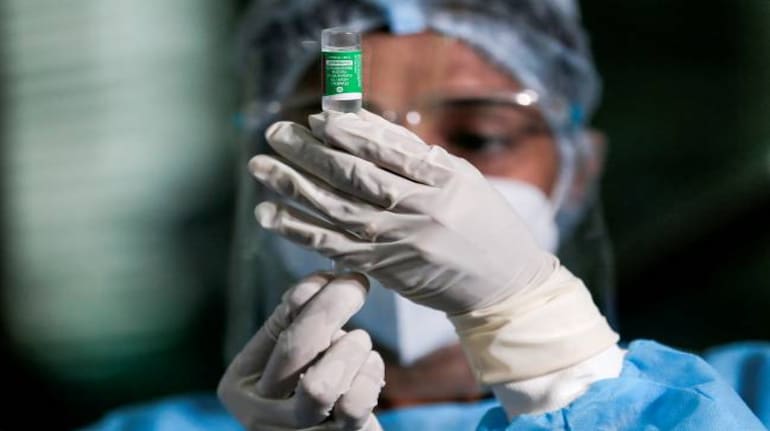



Centre, in an affidavit filed before the Supreme Court on June 26, defended its vaccination policy that had earlier drawn flak from the top judiciary. The government informed the court that efforts are underway to inoculate the entire adult population by December 31, 2021.
The central government has claimed before the apex court that it has spent approximately Rs 10,000 crore so far on vaccine procurement, CNN News 18 reported.
The affidavit further noted that an estimated 186-88 crore vaccine doses are required to inoculate the entire 18-plus population, which numbers around 93-94 crore, the report said.
According to India Today, the Centre's affidavit mentioned that the government plans to procure 135 crore doses various vaccines between August and December this year.
Read: Over 1.45 crore vaccine doses available with states: Centre
Providing a break-up, it noted that 50 crore doses of Covishield and 40 crore doses of Covaxin would be procured, along with 30 crore doses of BioE's vaccine, 10 crore Sputnik V and five crore Zydus Cadila's DNA jab, the news channel reported.
The affidavit comes in response to the top court's suo moto case on the COVID-19 crisis. The bench headed by Justice DY Chandrachud had, on June 3, called the vaccination policy as "arbitrary, irrational".
Centre subsequently amended its policy on vaccine procurement, with Prime Minister Narendra Modi announcing on June 7 that the 25 percent dose procurement which was undertaken by the states, would also be taken over by the central government.
The court had also raised concern whether the "digital divide" would hinder the rollout of immunisation drive in rural areas.
Centre, according to the India Today report, noted in its affidavit that the digital divide would not affect the vaccination programme in rural and remote areas, and claimed that 74.45 per cent of all vaccination centres in the country are located in rural areas.
Notably, India's total vaccination coverage has crossed 32 crore doses with over 58.10 lakh jabs being administered on June 26, the Union Health Ministry said.
Discover the latest Business News, Sensex, and Nifty updates. Obtain Personal Finance insights, tax queries, and expert opinions on Moneycontrol or download the Moneycontrol App to stay updated!
Find the best of Al News in one place, specially curated for you every weekend.
Stay on top of the latest tech trends and biggest startup news.